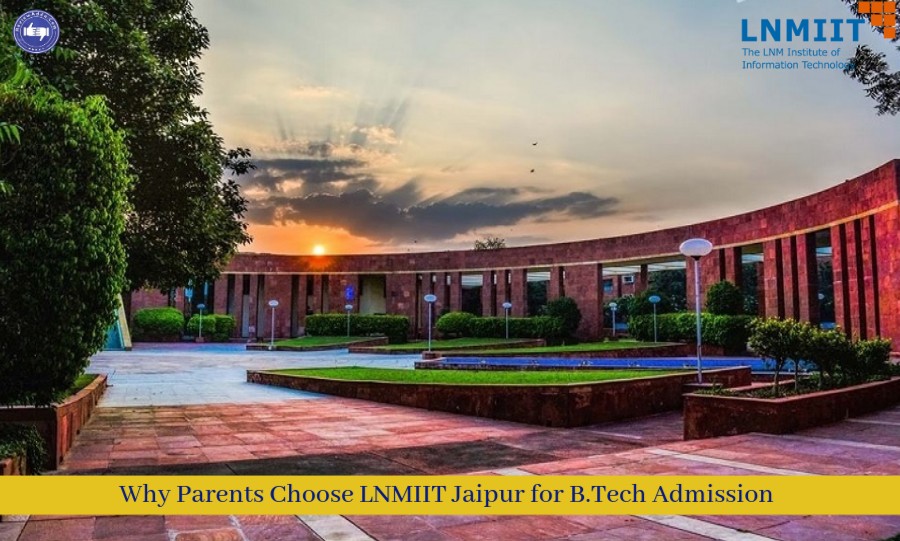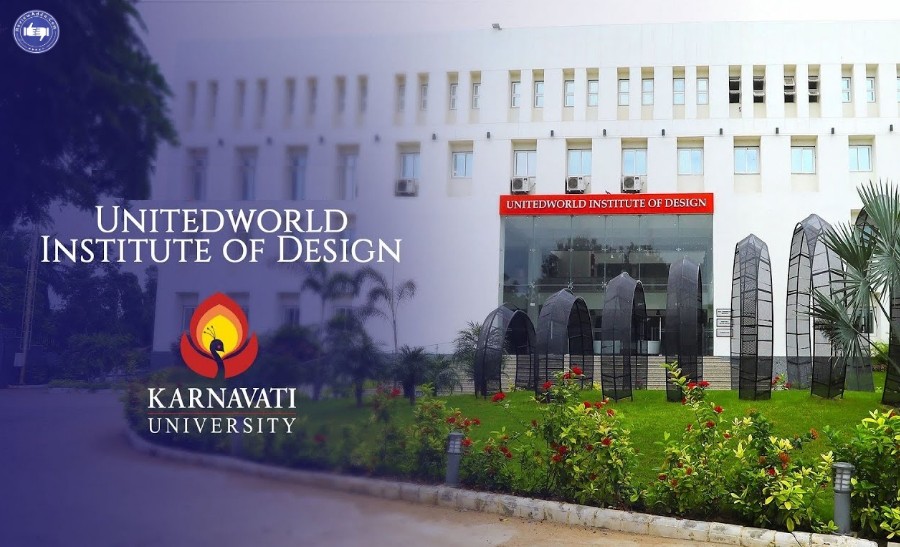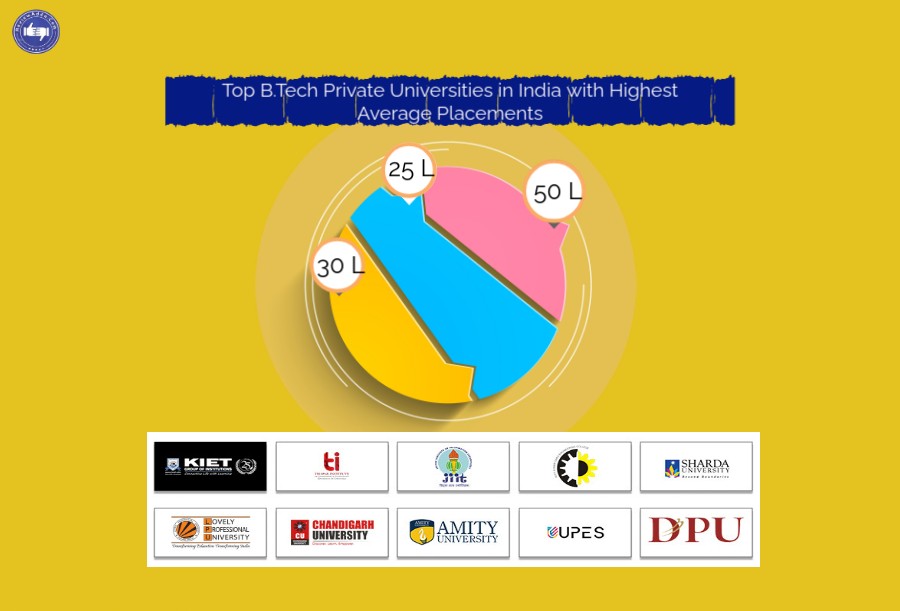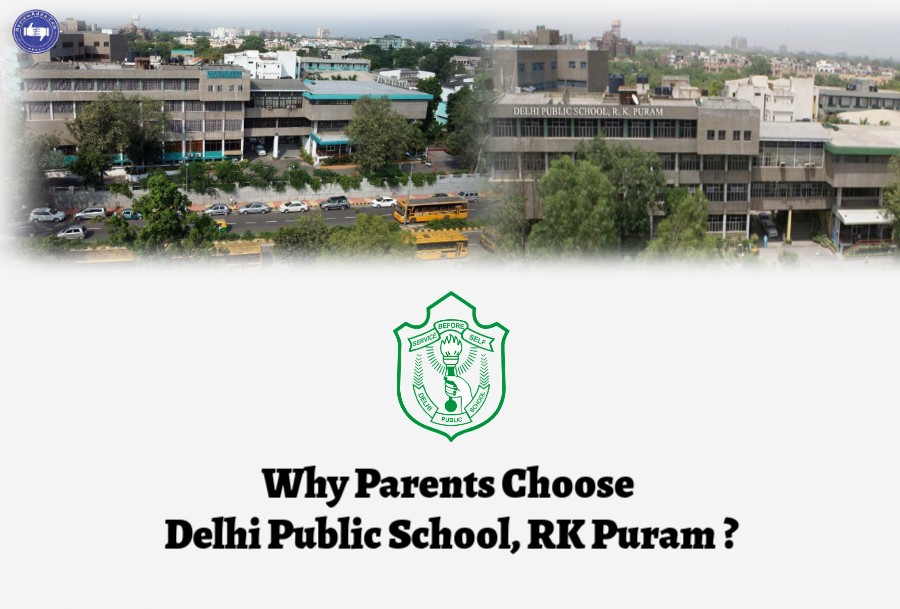Why this University or College Answer
Applying for a place at a university, you’ll always have to go through the admission process. In the best scenario (the easier one), you complete the application form (online or offline), provide the requested documents, and finally get your application checked—as the result of your application is the acceptation. In most cases, you will have to go through the admission process, which includes an interview with other students and limited opportunities to study in the chosen program. Nevertheless, this is particularly true for nursing schools, medical schools, pharmacy schools, law schools and so forth.
Regardless of whether you have to interview for your place or not, you will almost always face the question about your choice: Why this university? Why not some other place? This question is an important one and you have to answer it on your application form directly, and you will most probably get it on your interview too.
Let’s have a look at answers to the question, including some unconventional choices. Check them out, pick one that resonates with the message you try to convey on your application, makes sense for the given university, and then adjust it slightly for your application form or the eventual interview at university or college.
Why did you choose this university?
There are several reasons for interviewers to ask, 'Why did you choose this university?', including:
Think about your choice
Self-reflect and objectivity the factors that influenced your decision making. While it could be family history genealogy, city life and nightlife, it could also be some of the professors at the university’s prior work. Try to be straightforward about your motives in order to proceed to the next stage of answering.
Learning about your research
When they entertain this question of the university interviewers, they will know how well you did before going to the interview. Through your talking about some of the main themes that are on the university website like the university's website itself, one can realize that you have done a lot of your research on the university's website. People who have been doing more research of the university show that they are taking interest in what the course is about and also in how they will be able to tackle the academic challenges. This means that the applicant has already the research skills he needs to do research at the university.
Establishing your suitability
Universities ask what made you choose the university in the context of finding out how qualified you are for the university. For instance, a person saying that their parents were university graduates is in some countries like universities with a large alumni influence and can be an effective answer. In contrast, contemporary institutes tend to weigh the potential of a student more than the credentials. This question establishes whether you're an appropriate fit for the specific ethics and goals of the university or if you see yourself as appropriate simply because of your family history.
Separate your reasons
Once you are aware of your core motivations to pick that given university, distinguish them from proper and unacceptable reasons. Put the ones that have chances of improvement on Qualified side, and the ones like the nightlife into the other side titled Not Qualified. Doing this exercise allows you to make two lists: one for what you will say and one for what you won’t say in an interview.
Finding out more about your interest
Some universities profit from the reason being which you want to attend that university and the course in question. Knowing more about the things that attract individuals to the university improves them in directing more attention to these in future marketing materials. Departments made up of individual categories also stand to gain by asking that, as it suggests why people register for courses specifically the ones in a certain institution, and based on this it is possible to figure out the areas of improvement within each department.
Gauging appropriate motivations
Another major reason universities ask this question is to make sure that you have appropriate reasons to be interested in their institution. The university can analyze if the student is going to treat his academic life or social life as a priority if one answers that he is interested in the nightlife of that town, for instance. The primary purpose for universities is to select those people that utilize their time at the university and the potential opportunities to the fullest, i.e. those people of an academic emphasis ahead of those of a social nature.
Plan your answer
Since all this information is available, you can now start to write your answers. Use the PEAL format to construct your answer whenever possible. This form of planning includes making the point, explaining it to the listener before you analyse the point and then link the analysis back to the original question. By doing this you will have a single clear and coherent narrative throughout your questions and you will take the listener on a journey through your motivations and them understand them, thus providing you with a simple and clear account of your reasons for choosing that specific university.
Practice
When you have an answer ready, start practising your answer with a friend or family member. Start with the whole answer on paper and then successively decrease the prompt to simple key words and finally to nothing. This also helps you answer the question with confidence and clarity, as you know what you're saying next and exactly why you're saying it.
Preparing support
Universities use this question as a means of preparing support for potential students. For example, if someone applying for the university mentions that they're looking at specific career opportunities, the university can let careers advisors know about this at the earliest stage possible. The same applies to financial support. Some people apply to certain universities for a combination of academic opportunities and grants that help to cover the cost of particular courses, so the institution can prepare to help applicants in these cases where necessary.
Things to be considered before you are done with writing your reply.
-
Express enthusiasm and excitement. Be lively and show confidence during the whole interview.
- Be honest in your responses. Show the true motivations of your choice of the university.
- Prepare to face these questions. Note down the points that you would want to talk about and practice if necessary.
- Keep it simple and concise.
- Provide for any follow-up questions they might ask you.
Sample Answers to “Why Did You Choose This University or College?”
We’ve compiled sample answers which can be useful in giving you a better picture of how you can write your own original answer to the question of “What factors led you to this specific university or college?”
1. Sample Answer– Small Liberal Arts College/Private School:
I picked [insert urban liberal arts college] because I'm able to enjoy the intimate connection and holistic education. I will benefit from the smaller class sizes, get to know my professors and class mates better. I believe that this college creates a meanful, encouraging and colaborative environment, while at the same time forming complete personalities. The smaller campus and alumni network will enable me to win the race to my career goals.
2. Sample Answer – Large University:
My large university choice was driven by my inclination for diversity. This campus is the epitome of diversity and inclusivity as reflected in its programs, clubs, extracurriculars, but, most importantly, in the people. I regard it as useful especially in learning process so when looking at this wide range of diverse experiences and points of view I hope that I will become someone who is both well-rounded and has the knowledge needed for future. Moreover, I feel a sense of enthusiasm about the possibilities that [your large university]’s alumni association provides.
3. Sample Answer – Specialized/Focused Degree Program:
It is your program of [area of study program] excellence which attracted me most. The fascination for this discipline has been on my mind for quite some time now, and I can’t wait to discover what the top-notch faculty will teach me. I believe I would also fit in great because of my skill set and the way I learn. I’ve participated in [related experience] and I believe the unique skill set I developed from that experience can translate well in the classroom.
4. Sample Answer – Trade School:
I decided to join [insert trade school name] as I have been interested in this field since forever. I eagerly look forward to learning from the hands of seasoned and specialized teachers and professionals. In addition to the highly targeted training his school offers there exists a lot of internship and jobs offerings that will help me to flourish in this field.
5. Sample Answer – Community College:
I selected [insert community college name] due to the fact that flexibility and cost savings are of utmost importance to me while I am on my academic journey. I study and gain productive knowledge from this educational institution while still being able to work part-time as I pursue my degree. That is an advantage for me. That is my idea and working and learning brings the value of the skills in balance. Also I take delight in studying with your flexible online and in-person programs.
Do’s and Don’ts Your “Why This University or College”
DO’s:
-
DO form a link between your goals and values as well as those of the school in your statement. Talk about the college's affirmative action towards diversity, community involvement, or any other value that appeals to you. However, you can demonstrate your adherence to those values both through experience and sharing your opinion on the matter.
- DO clearly state your academic goals. Show how your prospective major or field of study relates to the school’s influences.
- DO show that you are on the way to personal growth. Point out that the college's distinctive prospects of growth will be helpful in your personal optimization. No matter whether it is the opportunity to be involved in research, leadership programs or diverse campus life, focus on why these experiences will help you develop as an individual.
- DO explain particular events such as curriculum, classes or instructors. Mark out from the generalities, and choose those programs, courses, or professors that your specific interest areas were. Have you heard of a research project that is innovative, the work of a famous professor, or a course that is multidisciplinary?
- DO detail what groups and clubs you were involved in. Use the forum to display the activities of any campus clubs you wish to be a part of. Another good strategy for you is to highlight the clubs, the organizations, or any other activities that have to do with your interests or the values you have. Provide your point of view on what are your plans on getting involved and to make a real difference. Admission officials put a premium on students who display a clear intent to take part in the well-rounded college campus.
- *You should* specify *names* of internship, research, or study abroad programs. Disclose how this experience can help you add onto your education and what you gain from this for the future. Describe any specific programs, organizations, or destinations that have appealed to you.
- DO demonstrate knowledge of campus resources. You should also talk about the opportunities that will produce by having access to *specific* libraries, research centers, or academic support services.
DON’Ts
-
DON’T describe the size of the school, its location, or the climate.Many schools are beautiful. Many of the schools have warm weather or lie near the beach. Choose any school you apply to, you are sure to find at least twenty more the same size.Avoid these generic features. However, focus on the benefits you see in this particular college to apply to you personally.
- DON’T act in a generic or a vague way. Do not use phrases like "your prestigious facility" or "expert teachers in the world," which are reserved for general sentences.Instead, be specific. Specificity makes essay more authentic and profound thus, it is the proof of your real passion to the college.
- DON’T use clichés. Under the load of essays containing overused clichés such as "dream school" and "once in a lifetime opportunity", admissions officials often get tired and may fail to create truly unique and impactful essays. To make your application shine, bring some original language and personal stories that embody your connection to the school.
- DON’T get tunneled on prestige and rankings. Admission officers want to be sure that you are truly enthusiastic about college programs that extend beyond its prestige. Rather than being overly liberal with the school and its achievements, rather, go into detail about the programs, values, and community that align with yours.
- NO, don’t repeat other parts of your application. Each word that you use on your application occupies a spot that is of great value. Be careful not to over-emphasize your personal experiences, achievements, and even resources from your school that you may have used in other essays or other parts of the application.
- Remind yourself to check and polish the essay. Boring the reader is easy if you make silly mistakes! After preparing your essay, it is best that you devote some time to proofread it and have someone else check it for you.
Final Thoughts
“Why You Should Choose This School Over Others” is a crucial part of your application. It’s a great opportunity for admissions officers to find out who you are and identify the reasons you’re wild about their university. This can only be successful with a lot of research and thought. It, however, will make a compelling argument about why you would be the right fit to that particular school.
The process of conducting research and writing your response to this inquiry can even be a great resource for you to understand what you need in a university!
The identification of specific resources is the first step followed by the development of well thought descriptions of the relationships between the resources and your passions and goals and the use of your personal style of writing. Thus, creating an outstanding “Why This University or College.”




.jpg)
